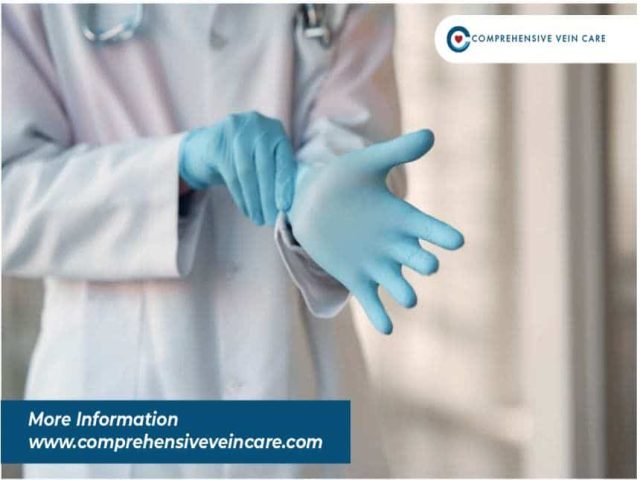Recent Blogs
- Some Treatment Options for Saphenous Veins
- Free Legs Vein Screening
- Is the Closurefast RFA Procedure A Safe Option For Treating Varicose Veins?
- Pregnancy and Vein Health: Tips for Expecting Mothers to Stay Healthy
- What to Expect During Your First Sclerotherapy Session
- A Varicose Vein Could Indicate a Deadly Blood Clot?
- All About Varithena
- The latest methods of treating Varicose Veins
- Tired Legs, Swollen Ankles? It Might Be More Than Fatigue
- How ClosureFast Treatment Transforms Vein Health?
Published on: 04-Mar-2022

The first step to treating your varicose veins is finding the right doctor. Here’s how. It’s important to choose the right doctor for any medical condition, but it’s especially important when it comes to your veins.
Your vascular system keeps your heart beating and blood flowing. So, when it malfunctions, as it does when you develop varicose veins, you need to find the right doctor to treat what can be a painful and debilitating condition.
Varicose veins affect approximately 35 percent of adults in the U.S. Because so many people face the discomfort of varicose veins, clinics specializing in the treatment of varicose veins have sprung up across the country. But with this abundance of options, how do you know which clinic is right for you? Here are some guidelines.
Choosing the Right Vein Doctor
With the Internet at your fingertips, finding a doctor in any medical specialty is easier than ever. When looking for a vein specialist, ask yourself these four questions before choosing a doctor:
Their Credentials
Vein specialists have received advanced training in vascular medicine and surgery. Therefore, after several years of residencies and fellowships in vascular medicine and surgery, a vein specialist becomes board-certified in that field.
Recognition by the American Board of Venous and Lymphatic Medicine is another sign that physicians specialize in treating vascular disorders. Training and qualifications are just as important as the doctor’s experience and background in treating varicose veins. How many years have they treated patients with varicose veins? Is this an important part of their practice?
A physician may claim to be a veterinarian, but if he has not treated many patients with varicose veins, then he or she is a physician to avoid.
What Services Does the Clinic Offer?
Varicose veins can be treated with a variety of minimally invasive surgical procedures, ranging from sclerotherapy and endovenous laser ablation to newer innovations such as VenaSeal.
A state-of-the-art vein clinic would have the latest technology to perform these procedures, as well as diagnostic equipment such as an ultrasound machine.
The more services and procedures a clinic offers, the more likely your physician will customize a treatment plan for you from the day of your procedure through your follow-up care and recovery.
Clinical Staff
A vein specialist, no matter how highly trained, does not operate alone. He or she is supported by trained staff. To provide the best possible vein care, registered vascular technicians (RVTs) and nurse practitioners (NPs) assist your physician.
In addition to medical staff, and efficient clinic employs staff to help you schedule appointments and secure your insurance coverage if you qualify for vein treatments. Chances are you will, but the clinic staff can help you understand your benefits. Location is also important.
Since you will need more than one treatment, a convenient location reduces travel time between visits. Beyond the staff, a specialized clinic follows all cleanliness protocols to ensure your safety.
What do other People Say?
An essential factor in your decision is what reliable sources say about the doctor. A good place to start is to ask your primary care physicians or family and friends for recommendations.
A clinic’s website usually advertises patient testimonials as well as before and after photos of patients. Check them out. Physician reviews can also be found on websites.
Get reviews and recommendations from various sources to get an initial assessment of the doctor before booking an appointment. Once you meet the doctor, you can assess his or her bedside manner and how well the doctor communicates your diagnosis and treatment options.
Take Care of Your Veins
Comprehensive Vein Care is supervised by highly trained venous specialists and staff. We treat each patient as an individual and consider your personal needs and preferences.